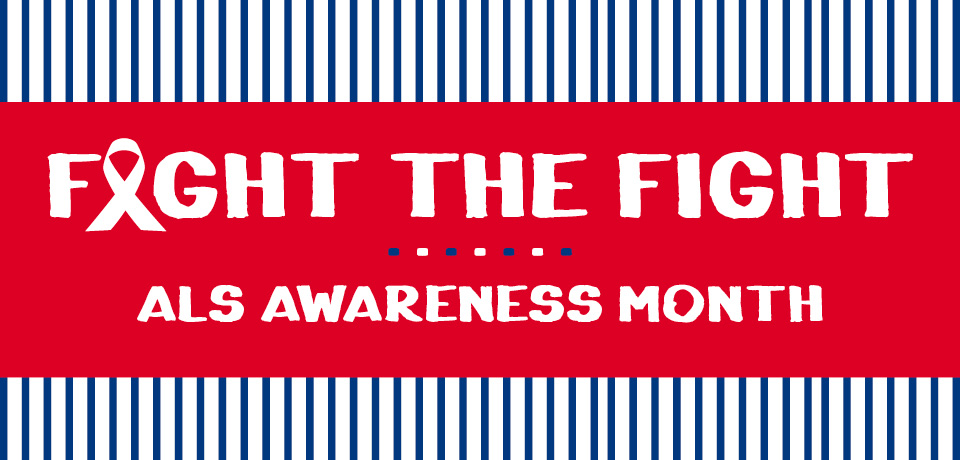Isn’t it interesting how there are moments in your life when everything around that time period is a blur, but a big event happens and 10 to 20 years later you can remember that day with such clarity as if it had happened yesterday?! This was one of those moments for me. I thought it was just going to be another Sunday afternoon followed by our usual Sunday family dinner. I often came back to my parent house on Sunday’s when I was in college to have a good meal and the comforts of home. This Sunday was going to be a little different, though I didn’t know it yet.
When I got home, my mom told me she had something she wanted to talk to me about, so she pulled me in the living room. My dad was in there this time, so a million things started running through my head. I just knew I was about to get in trouble for something or I had spent too much money at college. Dad was only pulled in for the BIG conversations. I didn’t know how BIG this conversation was about to be or how it was about to change my life forever.
They started out by telling me my dad was sick. So great, I wasn’t in trouble and dad was sick. But what I was thinking in my head was he can get better. Then they dropped the bomb! Your dad has ALS and will probably die within the year. The tears just rolled down my face. How does one even process this type of information? I was an only child so all I could think was that our tight family of three would be no more. I didn’t even ask them any more questions because I didn’t even know where to begin and I was just so angry.
Once I got back to my apartment in Statesboro, I started doing research on whatever this ALS thing was my dad was going to die from. Most people actually don’t know what ALS (Amyotrophic Lateral Sclerosis), also better known as Lou Gehrig’s disease. It was named after Lou Gehrig, nicknamed “The Iron Horse”, a famous American baseball first baseman who played his entire professional career for the New York Yankees, but was forced to retire after developing the disease in 1939.
ALS, or amyotrophic lateral sclerosis, is a progressive neurodegenerative disease that affects nerve cells in the brain and the spinal cord. Motor neurons reach from the brain to the spinal cord and from the spinal cord to the muscles throughout the body. The progressive degeneration of the motor neurons in ALS eventually leads to their demise. When the motor neurons die, the ability of the brain to initiate and control muscle movement is lost. With voluntary muscle action progressively affected, people may lose the ability to speak, eat, move and breathe. Simply put it is a progressive neurological disorder which results in weakened muscles and deformity. It is a very painful disease!
Lou Gehrig’s disease is very rare and affects fewer than 20,000 people per year. A little over 5,000 people in the U.S. are diagnosed with ALS each year. According to the ALS CARE Database, 60% of the people with ALS in the Database are men and 93% of patients in the Database are Caucasian.
Once ALS starts, it almost always progresses, eventually taking away the ability to walk, dress, write, speak, swallow and breathe, and shortening the life span. How fast and in what order this occurs is very different from person to person. While the average survival time is 3 years, about twenty percent of people with ALS live five years, 10 percent will survive ten years and five percent will live 20 years or more. Although the life expectancy of a person with ALS averages about two to five years from the time of diagnosis, this disease is variable, and many people can live with the disease for five years or more. More than half of all people with ALS live more than three years after diagnosis. Sadly, this wasn’t the case for my dad, he died only a couple months later on August 7, 2006, at the age of 56.
Recent years have brought a wealth of new scientific understanding regarding the physiology of this disease. There are currently four drugs approved by the U.S. FDA to treat ALS which were not around when we found out about this disease back in 2005 or they were still in clinical trials. Awareness and education of this disease is what has helped advance the research to develop more treatments and hopefully a cure for ALS. It is awareness events like the Ice Bucket Challenge that have helped to raise funds, which aid scientists make significant progress in learning about this disease, and help individuals diagnosed with ALS to have a better quality of life.
It was not all sad news for us. Yes, the disease was awful and I would never wish it on my worst enemy. It was extremely hard to watch my daddy go from a healthy active runner to someone who could barely get out of bed or even swallow food. However, we as a family used the news of the disease not as a death sentence but as a chance for us to live life! We did everything my dad loved doing which included going to every Georgia football game, and we got to walk in one final St. Patrick’s day parade, which meant everything to my dad. My dad fought a courageous battle! Even though he ended up losing the battle, we got to experience the true love we had for each other as a family, and in the end, family is all the really matters in life!
